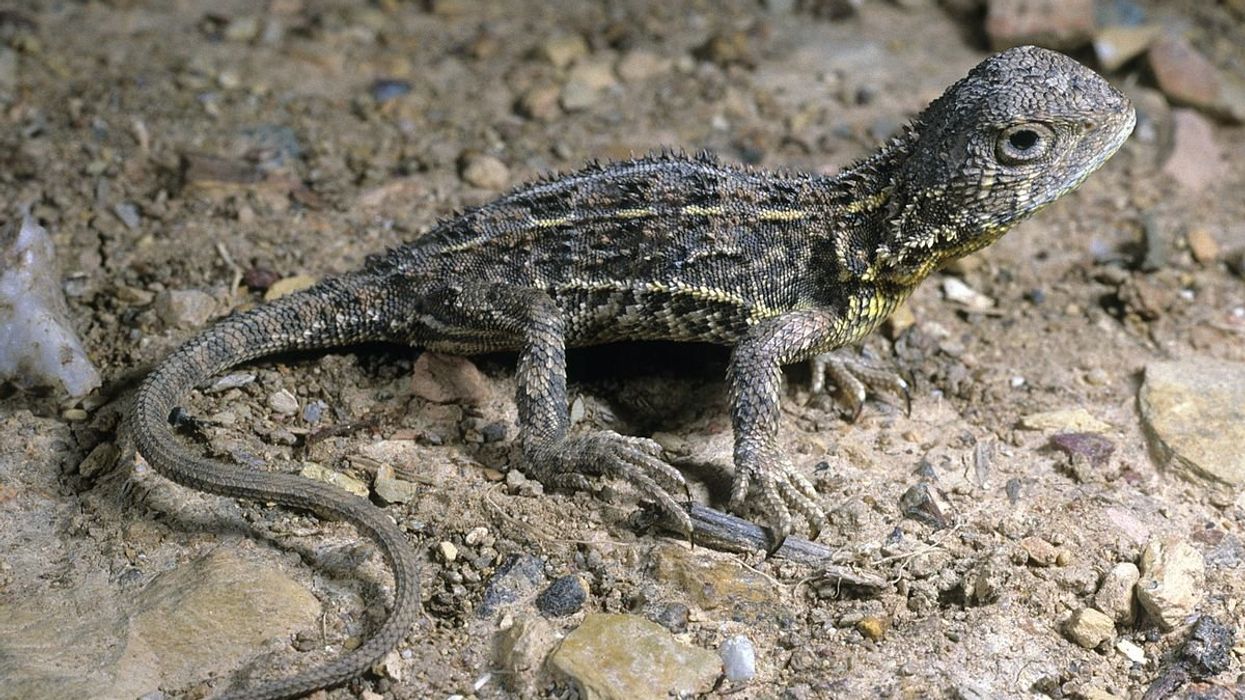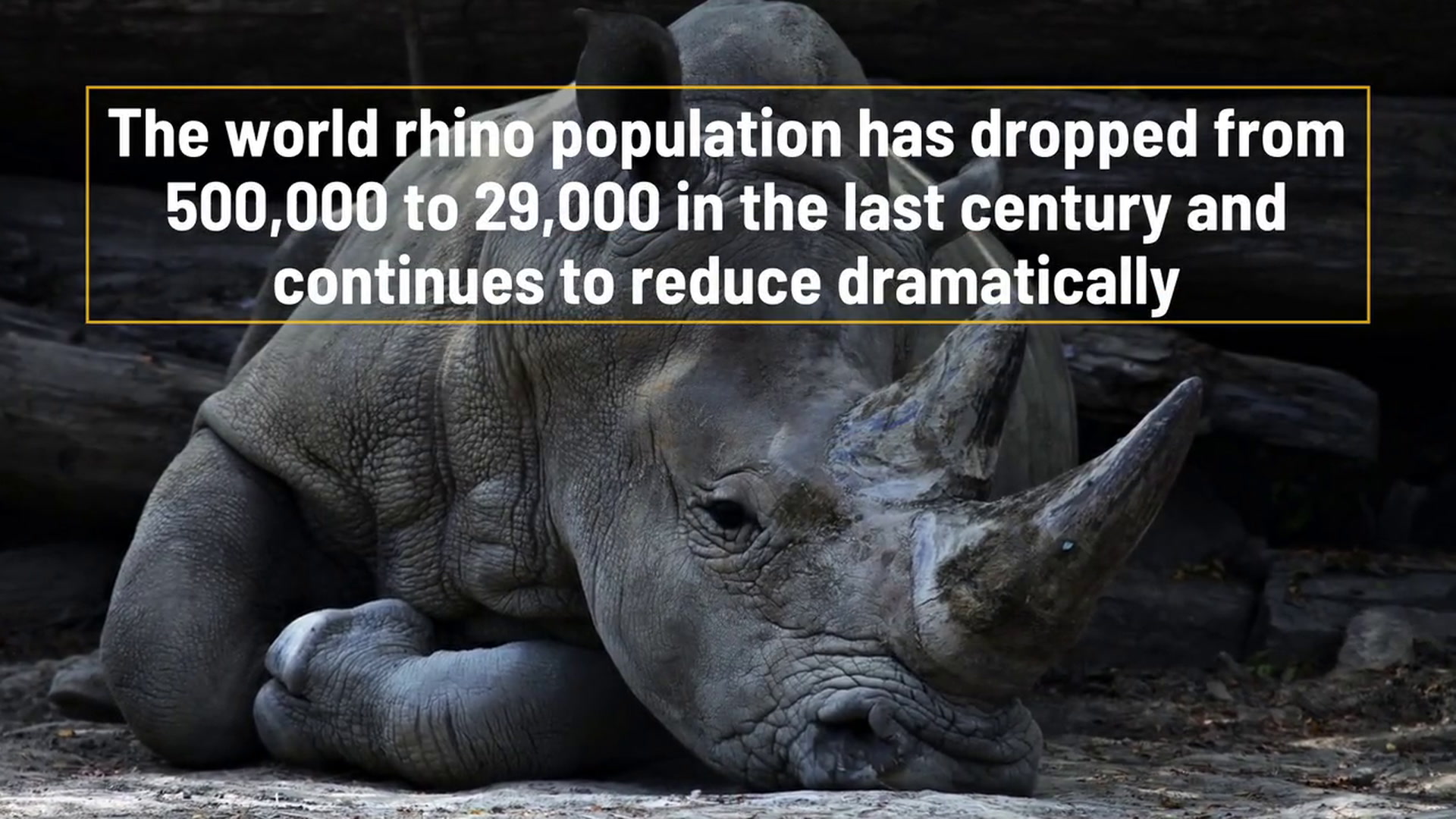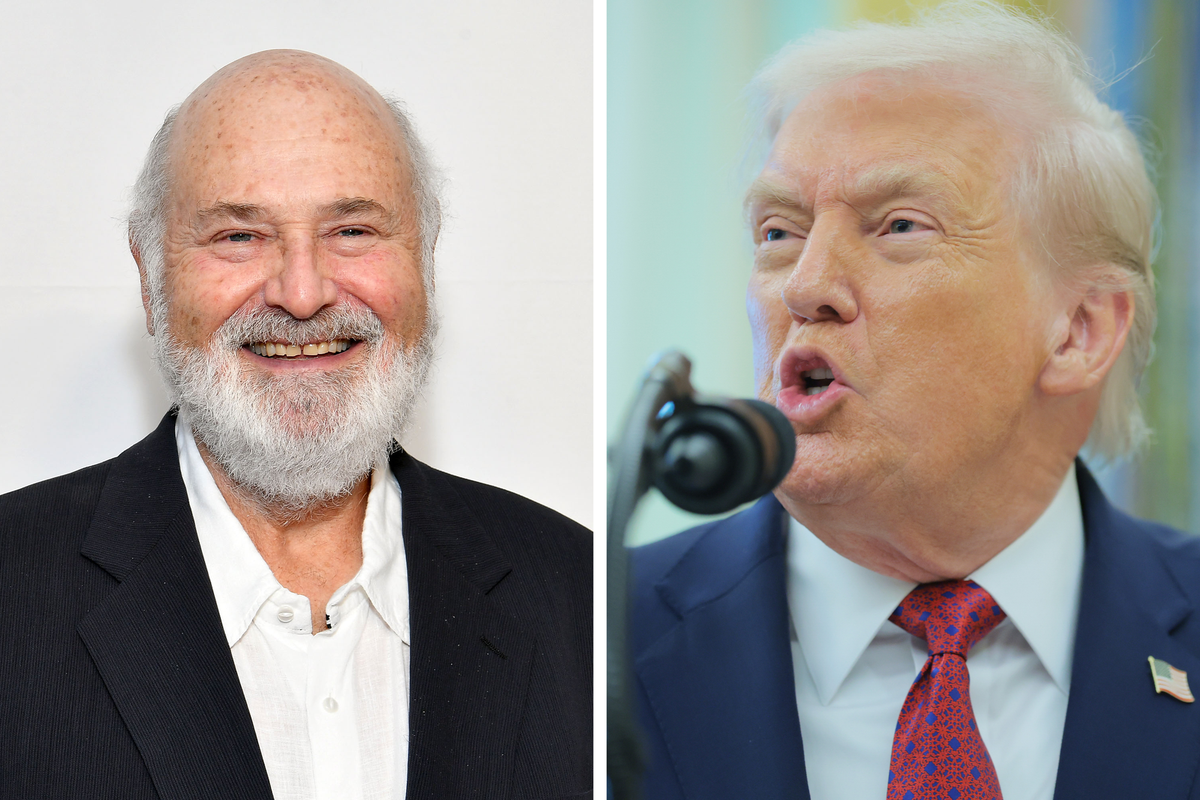
The Victorian grassland earless dragon hadn't been seen in the wild for more than 50 years
A population of dragons that were last spotted in 1969 have been rediscovered in the wild.
The Victorian grassland reptiles, which measure just 15cm from head to tail, were once widespread in the native grasslands west of Melbourne, Australia, but over the years were understood to have become extinct thanks to habitat loss and predators like foxes and feral cats.
However, environment minister Ingrid Stitt announced that surviving population of the species had been found.
“This is an amazing discovery and offers an opportunity for us to recover a species once thought lost to our state and the world,” she said in a press release.
Sign up for our free Indy100 weekly newsletter
“With the help of our partners we will continue to fight the extinction of this critically endangered species – ensuring future generations can see and learn about this incredibly unique lizard.”
Conservation organisation Zoos Victoria had been actively searching for the dragon since 2017. Its chief executive Dr Jenny Gray described their success in finding it as “extraordinary”.
“The extraordinary rediscovery of this critically endangered and cryptic lizard inspires optimism for the recovery of this Victorian species,” she said.

The federal government is investing some £100,000 in a new project trialling the use of specially trained detection dogs to sniff out more populations of the dragon to help inform the level of conservation required.
A conservation breeding program is also being established by Zoos Victoria to ensure the species is not lost again.
And whilst nature fanatics will be chomping at the bit to catch a glimpse of the dragon with their own eyes, they’ll have their work cut out for them.
The location of the rediscovered population is being kept secret to protect the habitat and the species.
Have your say in our news democracy. Click the upvote icon at the top of the page to help raise this article through the indy100 rankings.













